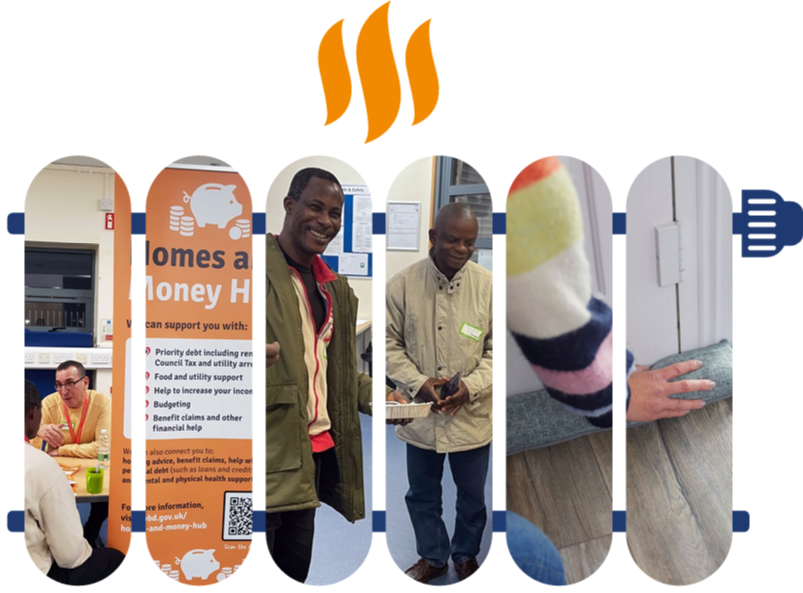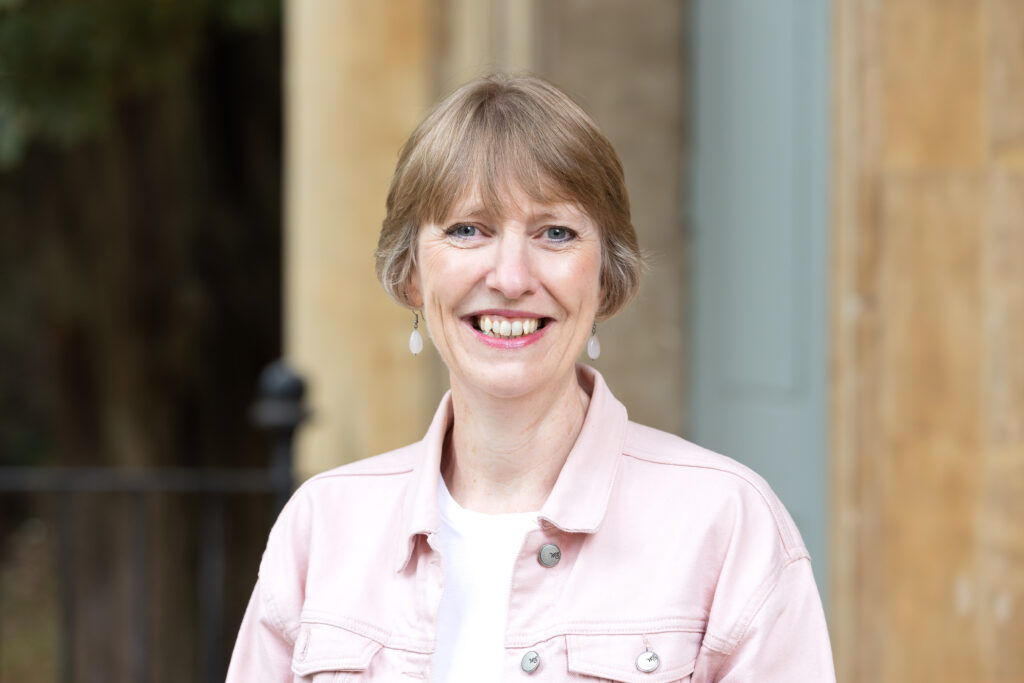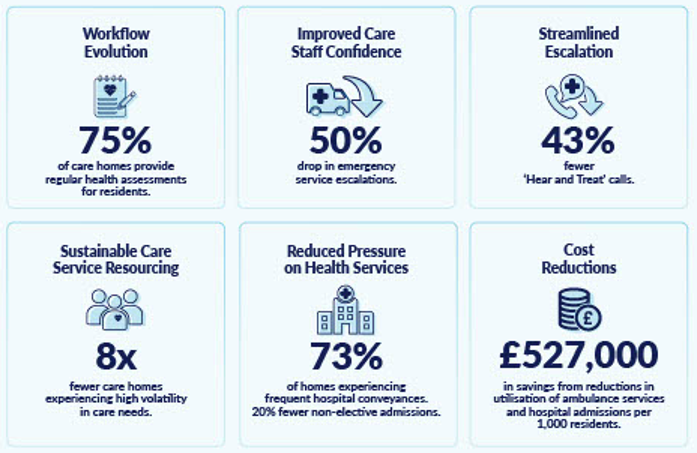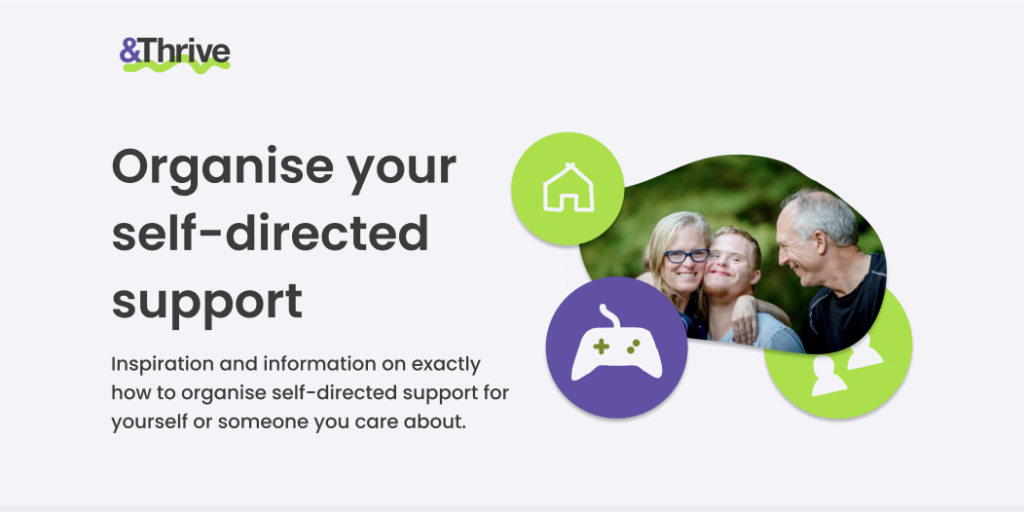Fighting Fuel Poverty Together: Community Solutions for Healthier, Resilient Futures

Our work aligns closely with the recently published LSE Policy Brief, highlighting shared priorities and strategies for addressing fuel poverty and fostering resilience.
Fuel poverty remains a pressing challenge, disproportionately affecting vulnerable populations and compounding issues of health and social inequality. At Care City, our work funded by The Cadent Foundation brought together local partners in Barking & Dagenham to co-create solutions for residents vulnerable to the cold. Our approach aligns closely with findings in the recently published London School of Economics and Political Science (LSE) Policy Brief, reinforcing the critical role of community-led, practical interventions in addressing fuel poverty and building resilience.
Aligning on Key Themes
1. Community-Driven Action
Both our work and the LSE brief highlight grassroots collaboration as essential to tackling systemic challenges. Through community steering groups and collaborative events, we worked directly with residents to co-design initiatives, echoing LSE’s call for community-led strategies that drive sustainable change.
2. Practical and Inclusive Support
The distribution of slow cookers, fuel vouchers and energy-saving advice during our Winter Support Community Events directly addressed the immediate needs of vulnerable households. The LSE brief similarly emphasises practical interventions, particularly for marginalised groups, as a means to alleviate hardships and promote equity.
3. Improved Access to Services
Connecting residents to mental health support, financial advice and grants, our project mirrored LSE’s advocacy for integrated service delivery. Residents noted how these resources helped them manage their health challenges while living in unstable housing conditions.
4. Tackling Inequalities
Both reports stress the importance of addressing the systemic inequalities—financial instability, social isolation and access to services—that exacerbate vulnerabilities. A holistic, locally informed approach is essential to bridging these gaps and creating a fairer support system.
5. Enhanced Engagement
Effective outreach played a critical role in the success of our initiatives. By using GP text services, WhatsApp groups and local networks, we maximised participation and engagement. This aligns with LSE’s emphasis on strategic communication to ensure resources reach those who need them most.
The Winter Support Community events have been a lifeline for me. The support and advice I received on managing my health have been invaluable, and the cooking class was a fantastic opportunity to learn how to prepare nutritious meals on a budget. The voucher helped me buy food for myself and my daughter, and the slow cooker has made it easier to cook meals since we only have access to a communal kitchen in the hostel. Most importantly, these events have given me a sense of community and connection, helping me build a social life and find comfort in the support of others facing similar challenges.
Winter Event Participant
Looking Ahead
Our experience reaffirms the power of community-driven, collaborative, data-informed and scalable solutions in driving meaningful change. Like the LSE Policy Brief, our report advocates for practical and inclusive approaches to fuel poverty, health inequality, and community resilience.
By continuing to amplify the voices of residents and working in partnership with local organisations, we can create healthier, more connected communities.
Read the full report here.



